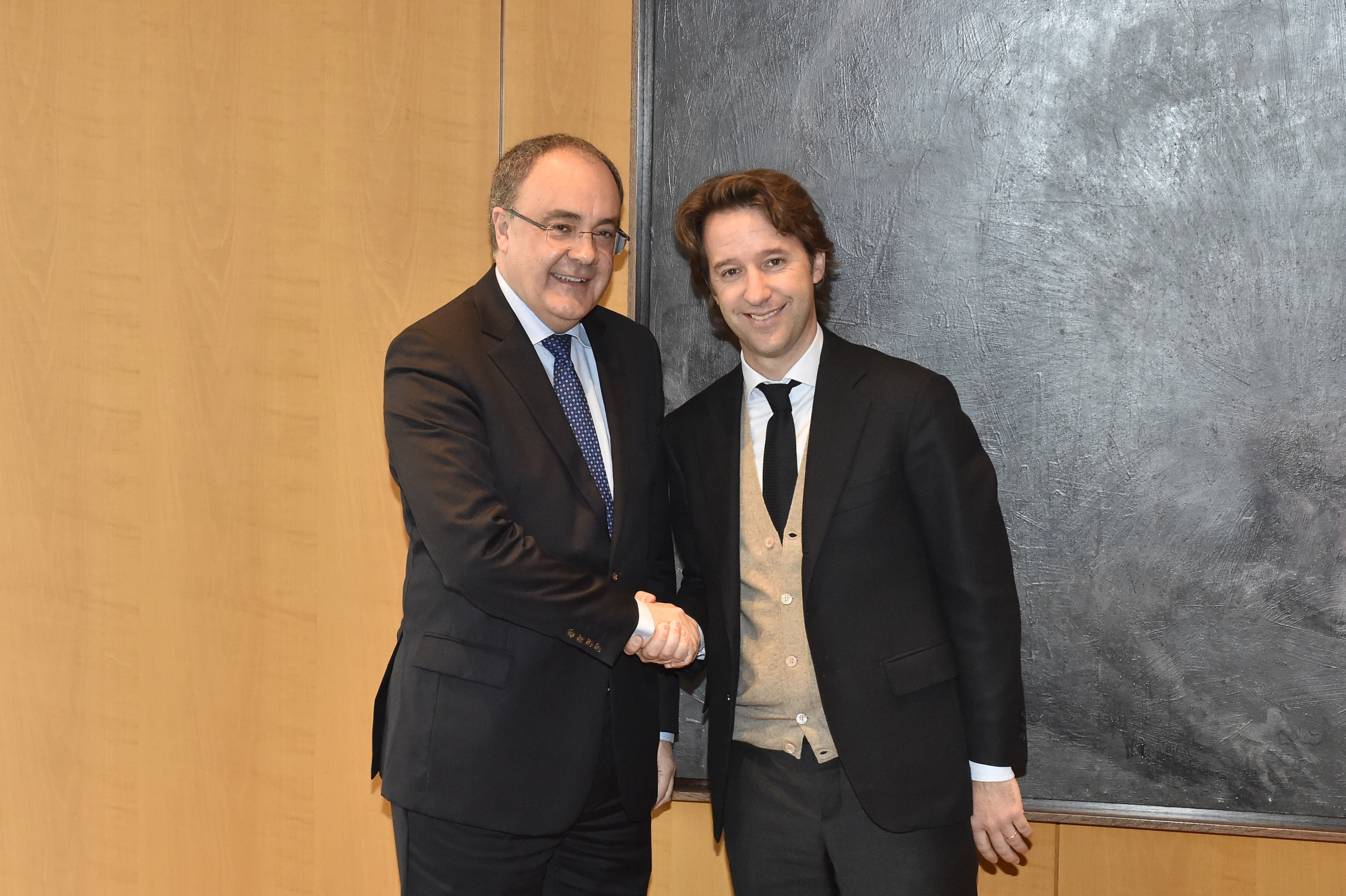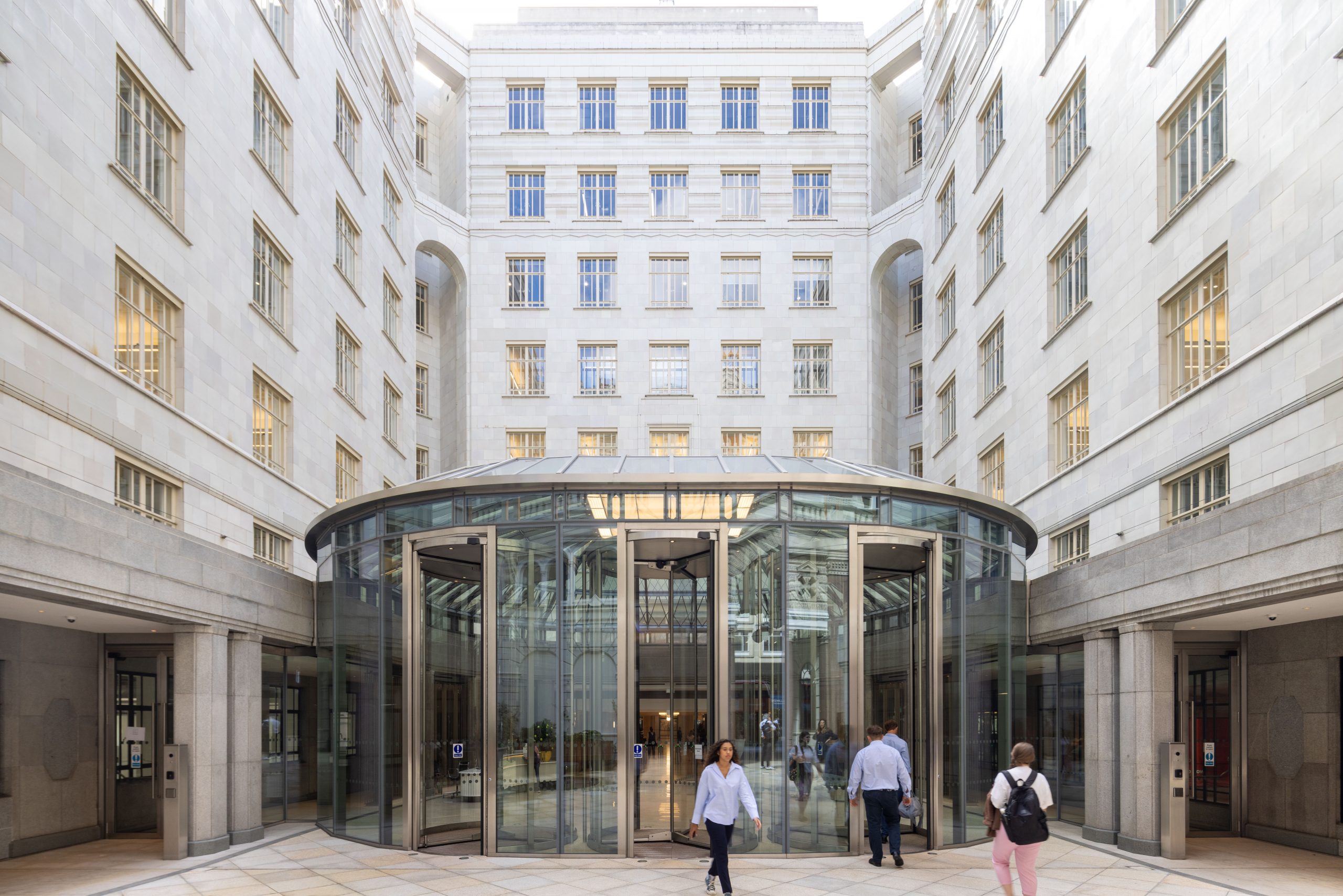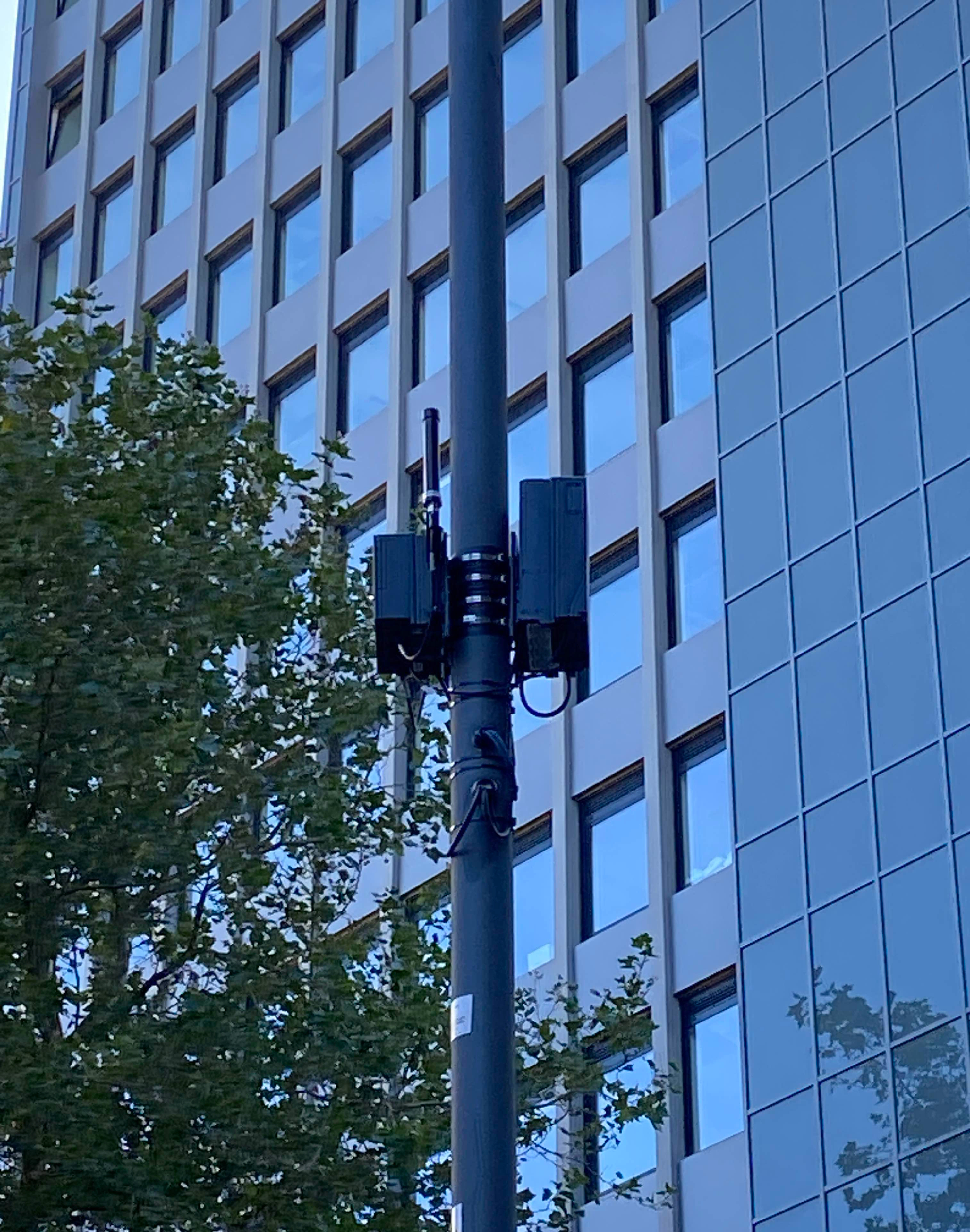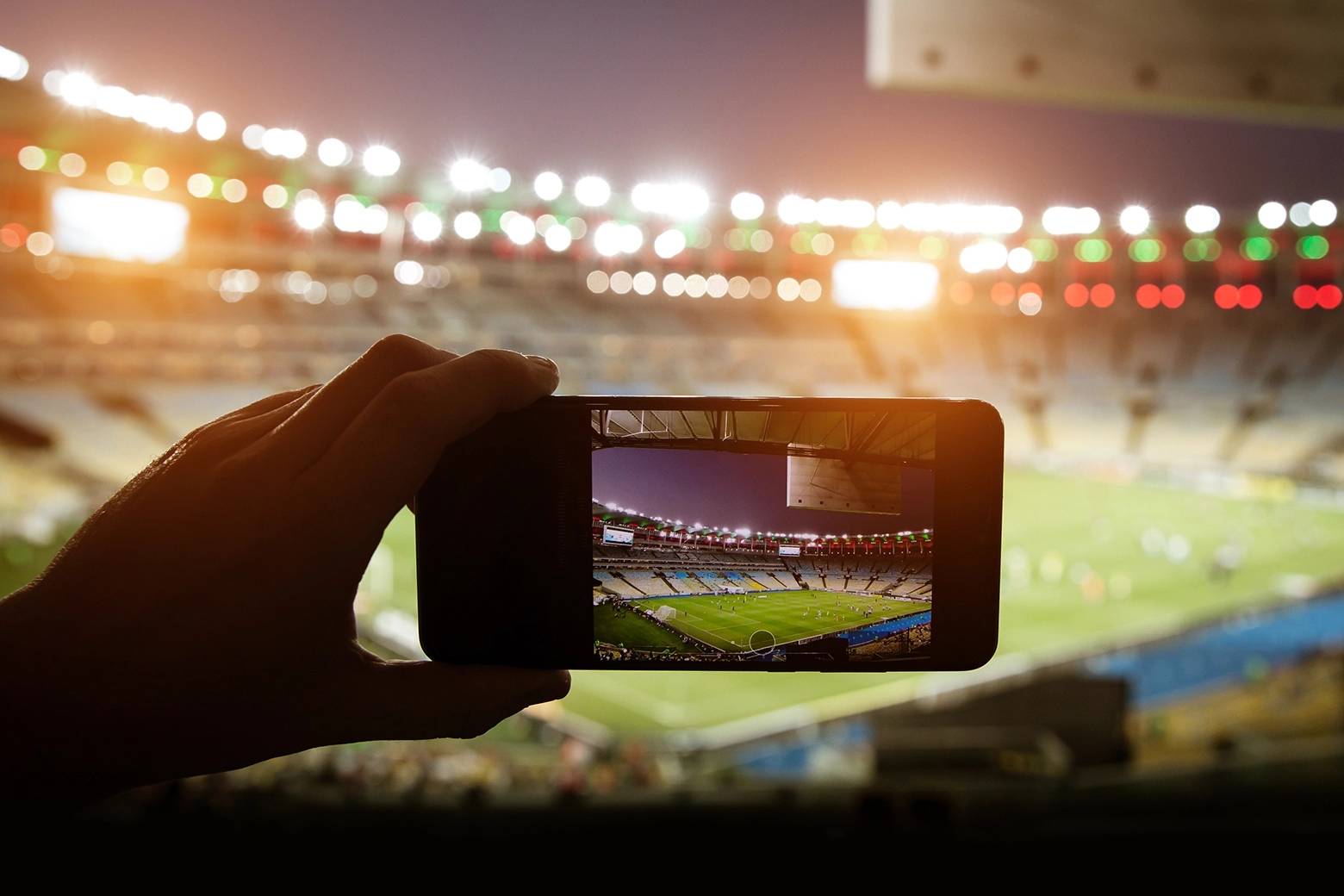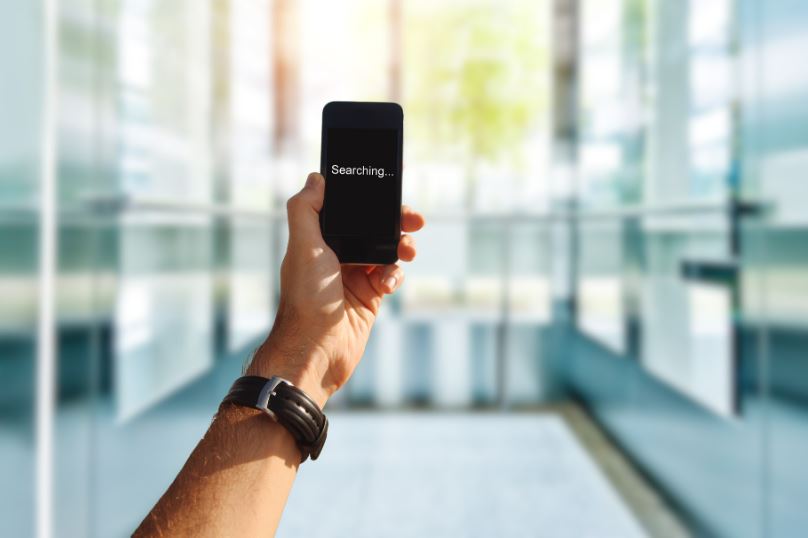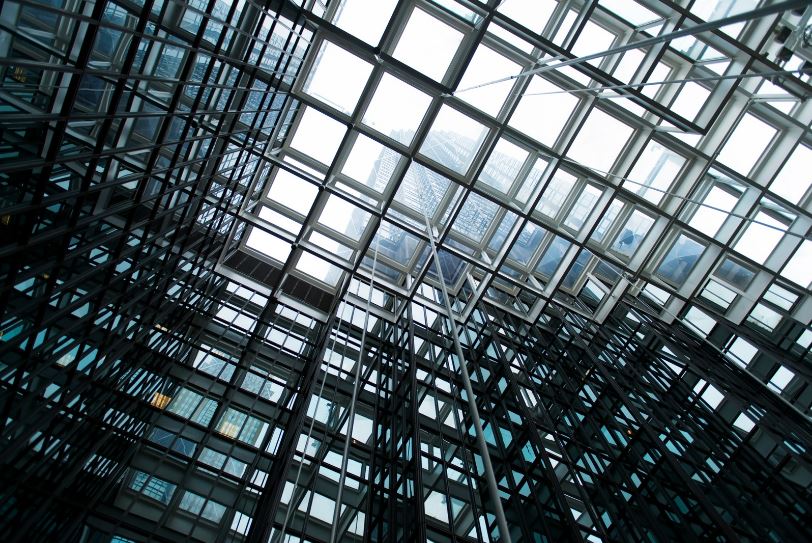Mediacentre

- 09 Feb 2017
- ·
- Technology
JCDecaux and Cellnex sealed a commercial alliance to speed up the roll-out of “small cells” and DAS in Spain and Italy
Both companies have reached a commercial agreement to offer a comprehensive solution to network access operators as well as Public Administrations to roll out “small cells” and DAS technologies that will speed up densification and the development of mobile broadband telecom services offered by MNOs
Barcelone, Paris, 09 February 2017. JCDecaux, the number one outdoor advertising company worldwide, and Cellnex Telecom, the Europe’s leading independent operator of wireless telecommunications infrastructure, have signed a commercial cooperation agreement to speed up the roll-out of the new mobility broadband networks based on “small cells” and DAS (distributed antenna system) technologies.
One of the key challenges for current 4G and future 5G technologies is the exponential increase in mobile data traffic caused by the wealth of content and services offered by network access operators and the capacity developed by the new-generation terminals.
Adding together capacities to offer a comprehensive solution to mobile operators
“Small cells” and DAS networks significantly increase the actual data transmission capacity that operators offer their customers thanks to densification and to greater equipment capillarity. This means that the cells (areas) covered by each antenna are smaller, helping to better distribute data traffic among connected users and transmission elements.
To achieve this, JCDecaux and Cellnex Telecom will offer joint end to end solutions to their customers in Italy and Spain to facilitate network densification from design to maintenance while streamlining site acquisition:
- on the one hand, the roll-out of “small cells” in the street furniture that can elegantly house the small cells in vibrant urban environments in consultation with Cities and in accordance with local planning regulations and other assets managed by JCDecaux in cities and high-traffic areas (airports, shopping centres, stations), with the ability to manage site installation and maintenance;
- and, beyond these, the definition of a network architecture –provided by Cellnex– providing an overview of all of the elements in the urban space, thus offering a comprehensive engineering solution ranging from the identification and selection of eligible sites –advertising supports, bus shelters, as well as other urban furniture elements–, connectivity to these elements –fibre, microwave links–, civil engineering works, global operation and maintenance, etc.
Tobias Martinez, CEO of Cellnex, said: “This sum of capacities will make the most of Cellnex Telecom’s knowledge and experience in network management, both in terms of passive infrastructure and in terms of active elements. It will maximise the available location capacity in the street furniture assets managed by JCDecaux, by integrating them as a core component of a network of “small cells” and DAS that may require a more comprehensive and integrated design and planning than that offered by the individual management of just one part of the street furniture.”
Jean-Charles Decaux, Chairman of the Executive Board and Co-CEO of JCDecaux, said: “Developing connectivity and Smart City solutions is strategic for JCDecaux and we are convinced that partnering with Cellnex, a major European telecom infrastructure player especially in Italy and Spain, will bring comprehensive solutions for mobile operators to face the ever increasing data demand. These solutions will allow them to improve the capacity of their networks where they most need it while preserving cities landscapes with our seemless and aesthetic integration solutions. As the number one street furniture player worldwide, we work hard to incorporate the most innovative technologies and creative concepts for the benefit of the cities, citizens, advertisers and their brands”.
Tobías Martínez (CEO Cellnex Telecom) and Jean-Sébastian Decaux (Chief Executive Officer Southern Europe, Africa, Benelux & Israel)
About JCDecaux
JCDecaux is the number one Outdoor Advertising company worldwide. JCDecaux is listed on Euronext Paris and is part of the Euronext 100, FTSE4Good and Dow Jones Sustainability Europe indexes. JCDecaux invented the concept of Street Furniture in 1964 and today is the only global company that is exclusively focused on Outdoor Advertising. JCDecaux is number one worldwide in street furniture, number one worldwide in transport advertising, the European leader in billboard advertising and the number one worldwide for self-service bicycle hire. With 12,850 employees, the Group is present in over 75 countries and 4,435 cities with more than 10,000 inhabitants, where it offers high-quality, aesthetic street furniture. JCDecaux operates almost 51,000 digital advertising panels globally, in the world’s leading airports, metros, railway stations, shopping centres and along roadsides. The Group generated revenue of €3,392.8m in 2016.
About Cellnex Telecom
Cellnex is Europe’s leading independent operator of wireless telecommunications infrastructure, with a total portfolio of over 19,000 sites, including the DAS (distributed antenna systems) nodes managed by CommsCon, a Cellnex Telecom company based in Milano. From January to September 2016, Cellnex achieved revenue of € 520 million (up 15%) and EBITDA of € 208 million (up 18%). The company is present in Italy, Spain, France, Netherlands and the United Kingdom.
Cellnex’s business is structured around three areas: mobile telephony infrastructures; audiovisual broadcasting networks; security and emergency service networks and solutions for smart urban infrastructure and services management (smart cities and the “Internet of Things” (IoT)).














